Michigan finds itself amidst a riveting debate: should officials need a warrant to surveil residents’ properties using drones? This question buzzed into the state’s highest court, where justices grappled with the implications of Drone Technology on privacy rights.
A Backyard Controversy
The Legal maelstrom began in northwestern Lower Michigan when a couple, Todd and Heather Maxon, found themselves under aerial scrutiny. Township officials had hired a drone pilot to surveil the Maxons’ property on three separate occasions, suspecting Todd of breaching zoning regulations due to his hobby of repairing 4-wheel drive vehicles on his land.
According to the township, these drone flights were lawful as they adhered to Federal Aviation Administration rules and merely captured images akin to those available on platforms like Google Earth.
“Their property, their backyard was not concealed from the neighbors. We have evidence that shows that all of this material that accumulated was visible from adjacent properties,” stated William Henn, the township’s appellate attorney.
Yet, the Maxons reportedly refuted this, asserting that the drone invasions violated their Fourth Amendment rights, which protect against unreasonable searches. They were never informed of these flights, nor was a search warrant obtained.
Their argument garnered attention from the Institute for Justice, with attorney Michael Greenberg declaring, “I don’t think people should need to tarp off their backyard to maintain their expectation of privacy, at least against aerial surveillance.”
Students Weigh In
Adding an educational twist to this legal saga, the case was discussed at Powers Catholic High School. This was a part of Michigan’s Court Community Connections program, which aims to give high school students firsthand insights into the legal process.
During a session, an unnamed student inquired about the minimum measures homeowners needed to shield their properties from drone surveillance.
This real-world learning experience culminated with students posing hard-hitting questions, ranging from technological advancements outpacing the law to the township’s decision to invest in drone flights despite the availability of free photos on Google Earth.
The Ongoing Battle
Both sides presented compelling arguments. While Greenberg warned against officials having unchecked powers to snoop into private backyards using drones, Henn pushed for the affirmation of the prior Court of Appeals decision. This decision held that protections against evidence from unlawful searches mostly apply to criminal investigations.
Justice concerns weren’t limited to privacy alone. The broader implications of drone usage also came into the Spotlight, with Greenberg stressing the potential risks and Henn acknowledging the possible threats they might pose in the future.
As students eagerly posed more questions, court representative Daniel Brubaker enlightened them about the decision-making process. The justices, he said, were engaged in discussions, persuasion attempts, and deliberations before casting their votes. Brubaker noted, “It’s a beautiful thing, to see conflicts decided by discussion, deliberation, and voting.”
A conclusive verdict is anticipated before the year concludes. As we await this decision, one thing is clear: drones have transformed not only our skies but the landscape of privacy debates.
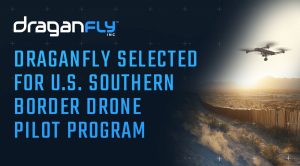
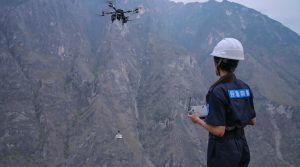
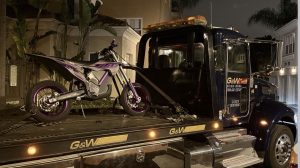
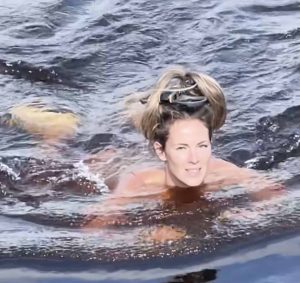
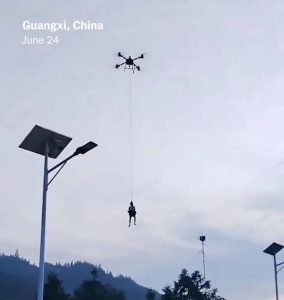
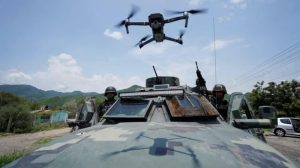

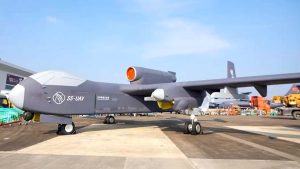
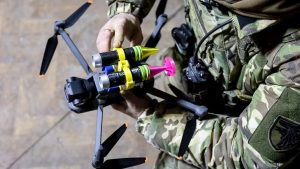
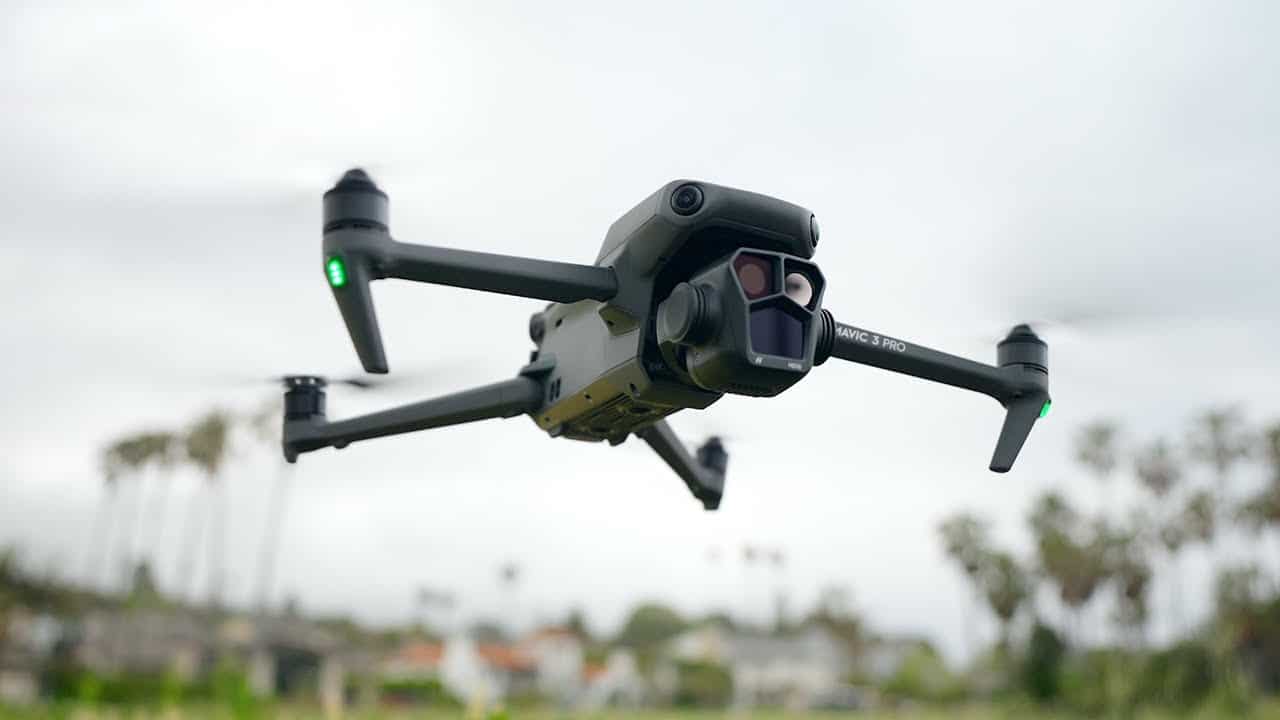


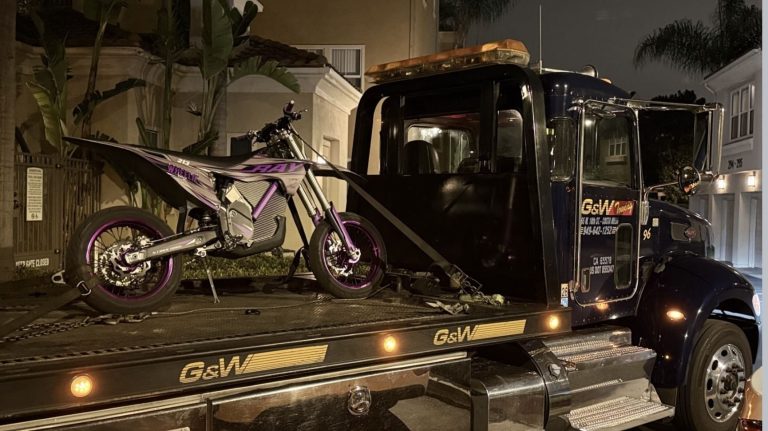
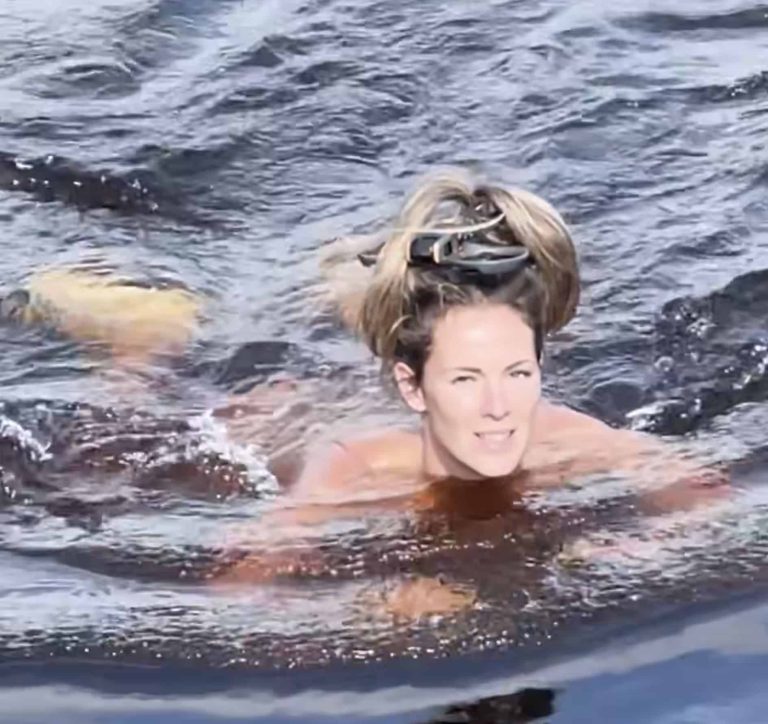
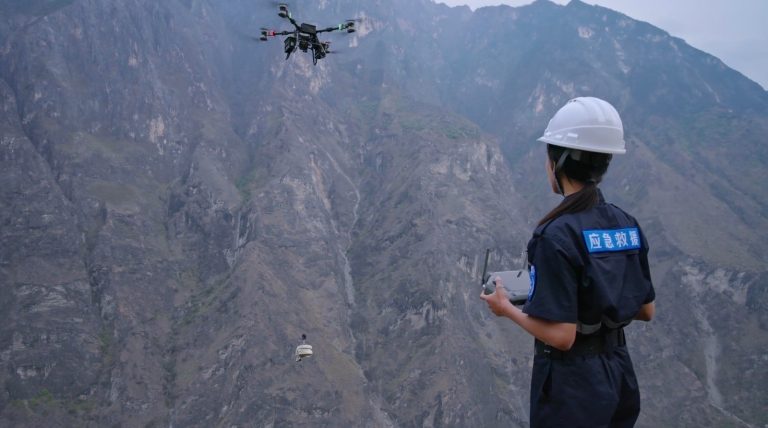

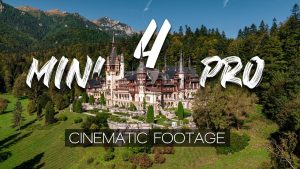
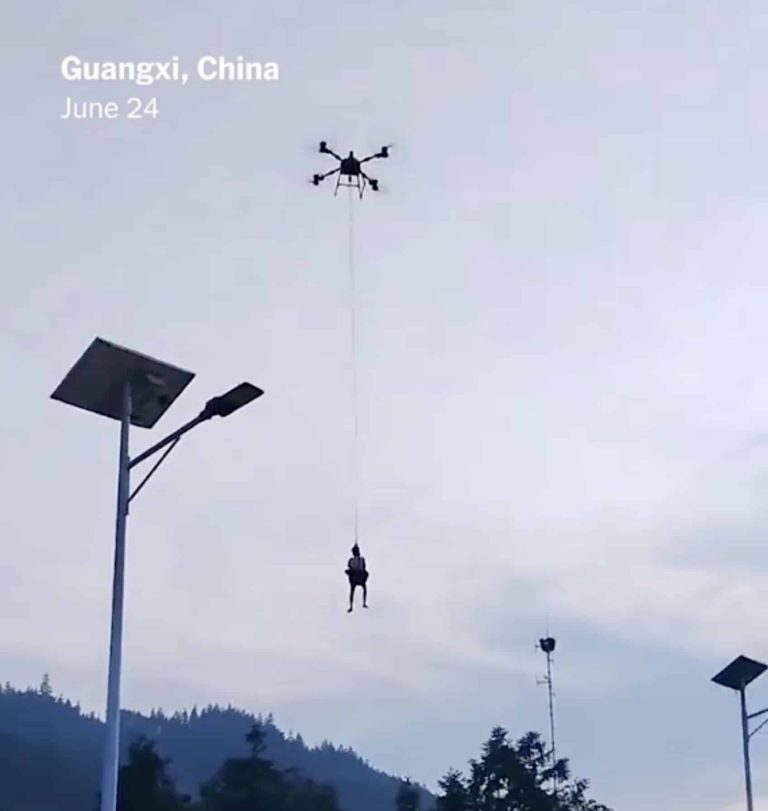
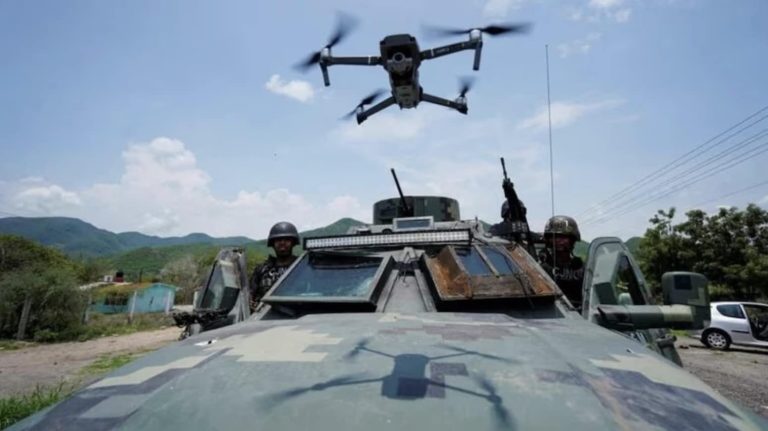

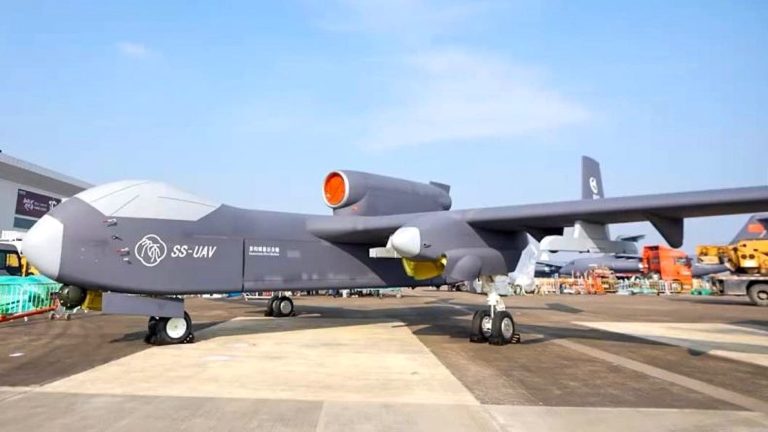
+ There are no comments
Add yours